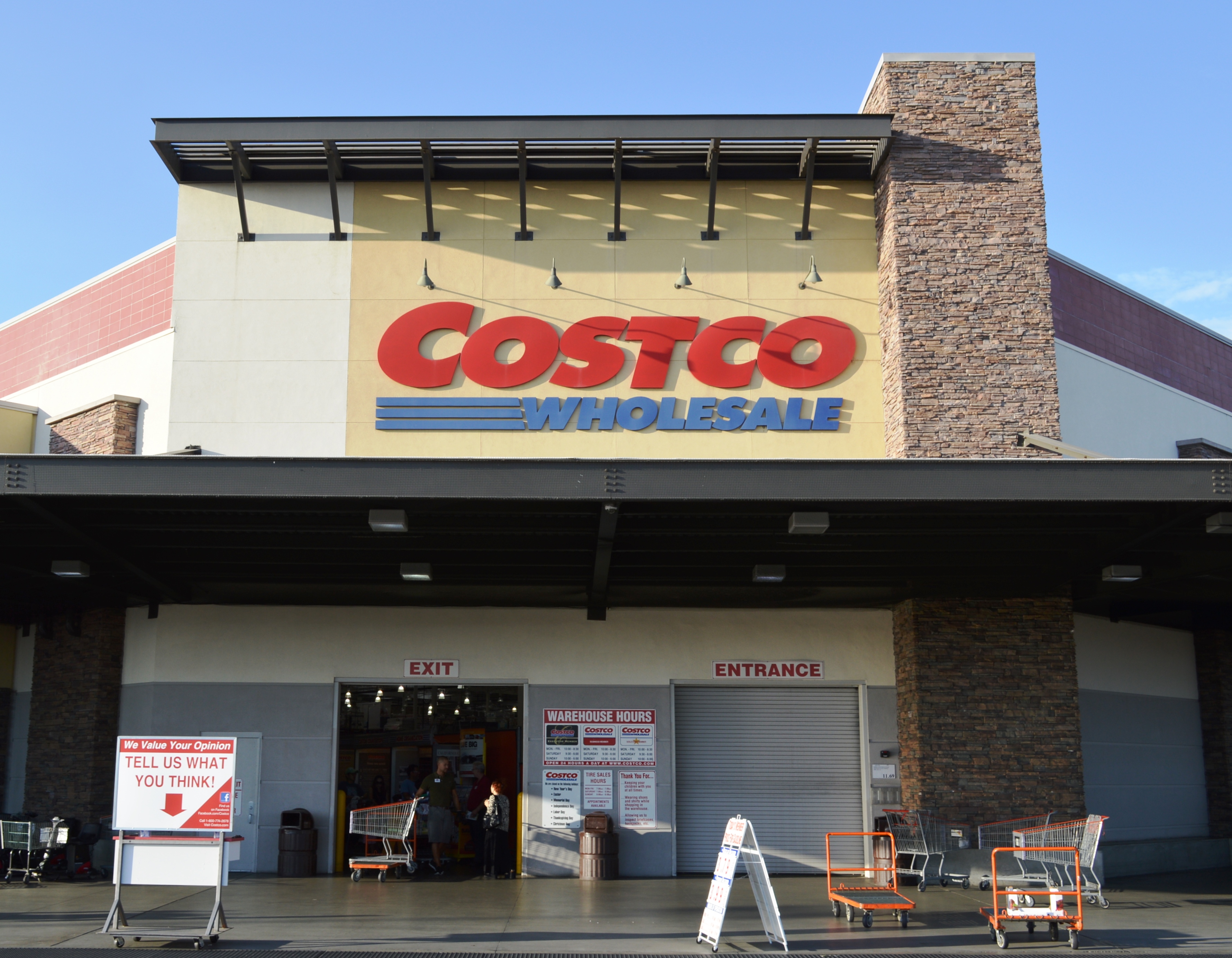10 Things Costco’s Merchant Services Program Should Learn from its Retail Model
Costco has built a successful business by breaking all of the rules. By focusing on reducing prices for customers and increasing employee satisfaction through high pay and great insurance benefits, Costco has learned how to thrive in areas where other retailers fall short–– areas like the in-store experience.
We aren’t just talking about a breakout overnight success, either.
Costco has grown into a multi-billion-dollar retail company since it was founded in 1983, proving that not only does Costco have a standout retail strategy, but it also has staying power. This may be why while many chains – such as WalMart and Target – are closing up shop in some or all of their overseas locations, Costco’s business continues to expand.
Unfortunately, we can’t extend the above accolades to Costco’s Merchant Services program. In fact, there’s a lot Costco’s Merchant Services Program could stand to learn from its retail model, and we will delve into ten of these things below.
- Capped Margins
Having capped margins means there’s a limit to what a company can make on what they sell. In Costco’s case, capped margins in stores give members a reason to subscribe to the company’s retail model, since they know they’re getting the best deals in-store. If Costco’s Merchant Services Program had capped margins, business owners could choose Costco with the same confidence of Costco’s retail customers.
- Transparent Pricing Strategy
While the pricing strategy at play in Costco’s retail model is pretty transparent – sell high volumes of product at lower margins and reap profits from the subscription fees – the pricing strategy at play in its Merchant Services Program is a little harder to pin down. Mainly because Costco’s Merchant Services Program outsources credit card processing to a third-party provider called Elavon, which uses a tiered pricing model to process transactions. This can lead to hidden fees by charging for non-qualified transactions.
- Word-of-Mouth Advertising
Costco doesn’t advertise like other businesses. Instead, the company relies on word-of-mouth advertising to spread the word about their brand. However, Costco’s Merchant Services Program doesn’t share Costco’s retail model’s impeccable reputation. In fact, the hidden fees associated with Elavon’s tiered pricing system means that Costco’s Merchant Services Program can be a costly mistake for business-owners.
- Hands-on Customer Service
Costco treats its employees well and as such, Costco employees are more inclined to create a positive in-store experience for customers. Yet since Costco outsources their Merchant Services Program to a company with less-than-exemplary customer service rankings, business-owners who expect the same customer service that they receive in Costco stores from the company’s seller program may be sorely disappointed.
- Differentiated Offerings
Customers love to experience the treasure hunt at Costco stores. Unlike other warehouse retailers, Costco sells luxury items alongside discount products. This creates excitement for customers, who know that they can get the lowest prices on their favorite brands at Costco.
If Costco’s Merchant Services Program offered unique deals that business-owners couldn’t find anywhere else, then maybe Costco’s payment processing program would begin to mirror the success of the company’s retail stores
- Focus on Low Prices
Costco’s brand image is based on low prices. The Balance SMB reports “Instead of asking, ‘How can we make the customer pay more for this?” Costco asks, “Could this be less expensive for the customer?’” This business model has helped Costco’s retail model achieve immense success. Costco’s Merchant Services Program should have the same focus of giving merchants the best deals possible at scale–– with unique in-house offerings, to boot.
- High Employee Wages
Costco employees have always made significantly more than the national average for retail workers and, as the national minimum wage rises, Costco keeps raising employee salaries to maintain its status as one of the best places to work for retail associates. By doing this, Costco is able to retain the best talent in a competitive job market, so customers get optimum customer service every time. The same can’t be said about Elavon’s customer service associates, which Glassdoor reports make less than the national average for their position.
- Competitive Rankings
A Fortune 500 company with an incredible reputation, Costco has a lot to lose by partnering with a payment processing company that uses a tiered pricing model. After all, dissatisfied customers tend to be loud: 96 percent of unhappy customers won’t complain about their experience to the retailer, but will instead seek out 9-15 friends to tell about it, so Costco is taking a big risk by using a pricing model that leads to customer dissatisfaction.
- No Minimum Charges
There is no limit to how little customers can buy in Costco stores. Costco’s Merchant Services Program, on the other hand, may label transactions that don’t hit a certain minimum as “unqualified.” As we discussed earlier, unqualified transactions don’t get the same rates that Costco’s website advertises, and companies doing business with Costco are outsourced to Elavon’s customer service department to be told just that… not exactly the building blocks of a great business relationship.
- Customer-Centric Business Model
Costco’s retail model is all about creating an outstanding shopping experience for its members, which is exactly what Payment Depot does with credit card processing. Payment Depot gives merchants a wholesale credit card processing experience, with none of the hidden fees of a tiered pricing model.
Click here to speak with a Payment Depot representative to learn how you can start saving money on transactions for your business today.

